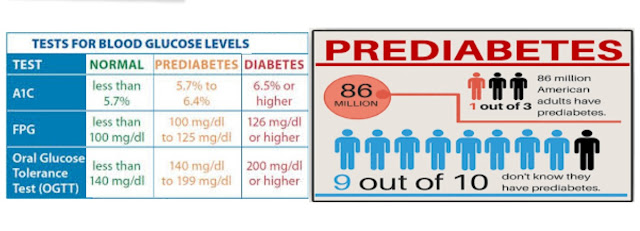Intensive Outpatient Program Depression Due To Drugs
HEALTHIENSIDE | When addicts or people with depression eventually decided to seek the help they need, they greatly will have two main types of addiction treatment programs to choose from inpatient and outpatient. Understanding the differences and similarities of these two programs will help make it easier for addicts and their loved ones to identify which one is best for your individual needs.
Outpatient programs, on the other hand, allows the patient to remain at home while undergoing treatment. This makes it possible for addicts to continue working and to be with his family while undergoing treatment. In the outpatient program, patients follow medication during the day. As with inpatient treatment, the number of addicts attends day treatment per week and the length of the program depends on the policy of rehabilitation center and the needs of the individual addict. 85% of people who participated in the addiction recovery program opt for outpatient treatment.
Another option some addicts chose to follow is partial hospitalization. With this type of treatment, patients remain home at night,
but attending a treatment more often than people who undergo outpatient treatment standards. Generally, a person in a partial hospitalization program attended the program three to seven days a week for three to twelve hours per day.
It is important to note that people who utilize the outpatient treatment should be able to deal with the real world while recovering from addiction. For some people, this is too much to bear, while for others they faced daily repeats may help to strengthen commitment and their methods for overcoming addiction.
A partial hospitalization program has many of the same advantages of an outpatient addiction treatment program. It does, however, provide more intensive structures and programming over outpatient treatment. Partial hospitalization is usually more expensive than outpatient treatment, but cheaper than hospitalization.
The Similarities Between Inpatient and Outpatient Addiction Treatment Program
Inpatient and outpatient addiction treatment program has many of the same characteristics. For example, both of these types of programs are generally utilize individual and group therapy. Because addiction has an effect on the whole family, the most giving couple and family therapy. Inpatient and outpatient programs are also educating addicts and families about the nature of addiction while guiding the addict through goal setting and monitoring these goals.Outpatient Addiction Treatment Program
The most obvious difference between inpatient and outpatient addiction treatment Program is the location of the patient during treatment. As the name implies, they are receiving help through inpatient treatment programs remain in care facilities 24 hours a day. The exact number of days patients stay at inpatient facilities depending on the policy of rehabilitation center and the needs of the individual patient. In General, this program lasts three to six weeks. After intensive inpatient treatment is finished, it is generally advised that the patient received outpatient treatment.Another option some addicts chose to follow is partial hospitalization. With this type of treatment, patients remain home at night,
but attending a treatment more often than people who undergo outpatient treatment standards. Generally, a person in a partial hospitalization program attended the program three to seven days a week for three to twelve hours per day.
Advantages of Outpatient Treatment
When it comes to choosing the right kind of addiction recovery programs, there are many factors to consider. For example, an outpatient treatment program may be best for people who:- The need to continue to work every day while undergoing treatment
- Can not afford to pay for inpatient treatment, which tends to be quite expensive
- The need to remain close to family
- Have a household that supports that will ensure he attended a treatment program and carry through with the goals of the program while at home
It is important to note that people who utilize the outpatient treatment should be able to deal with the real world while recovering from addiction. For some people, this is too much to bear, while for others they faced daily repeats may help to strengthen commitment and their methods for overcoming addiction.
A partial hospitalization program has many of the same advantages of an outpatient addiction treatment program. It does, however, provide more intensive structures and programming over outpatient treatment. Partial hospitalization is usually more expensive than outpatient treatment, but cheaper than hospitalization.











Comments
Post a Comment